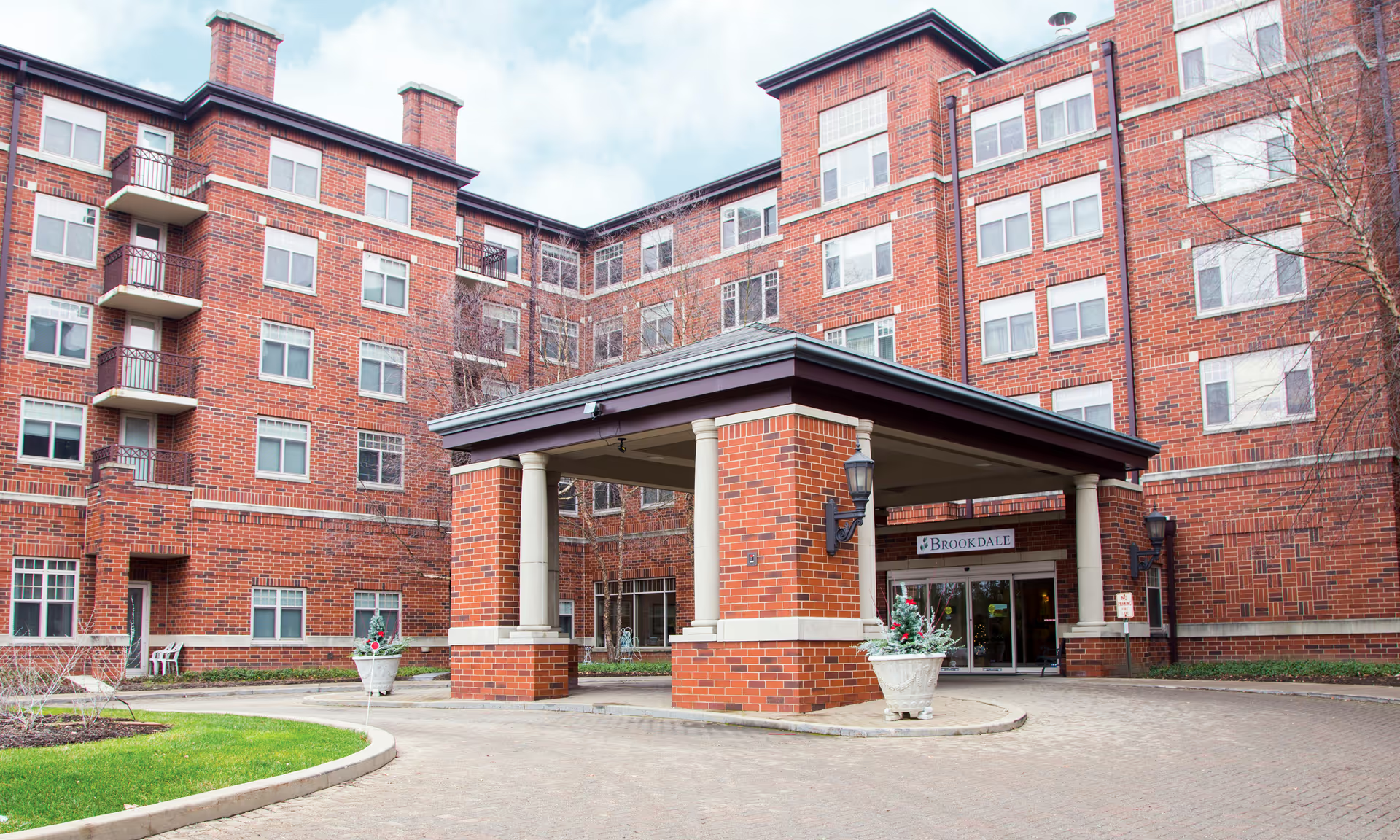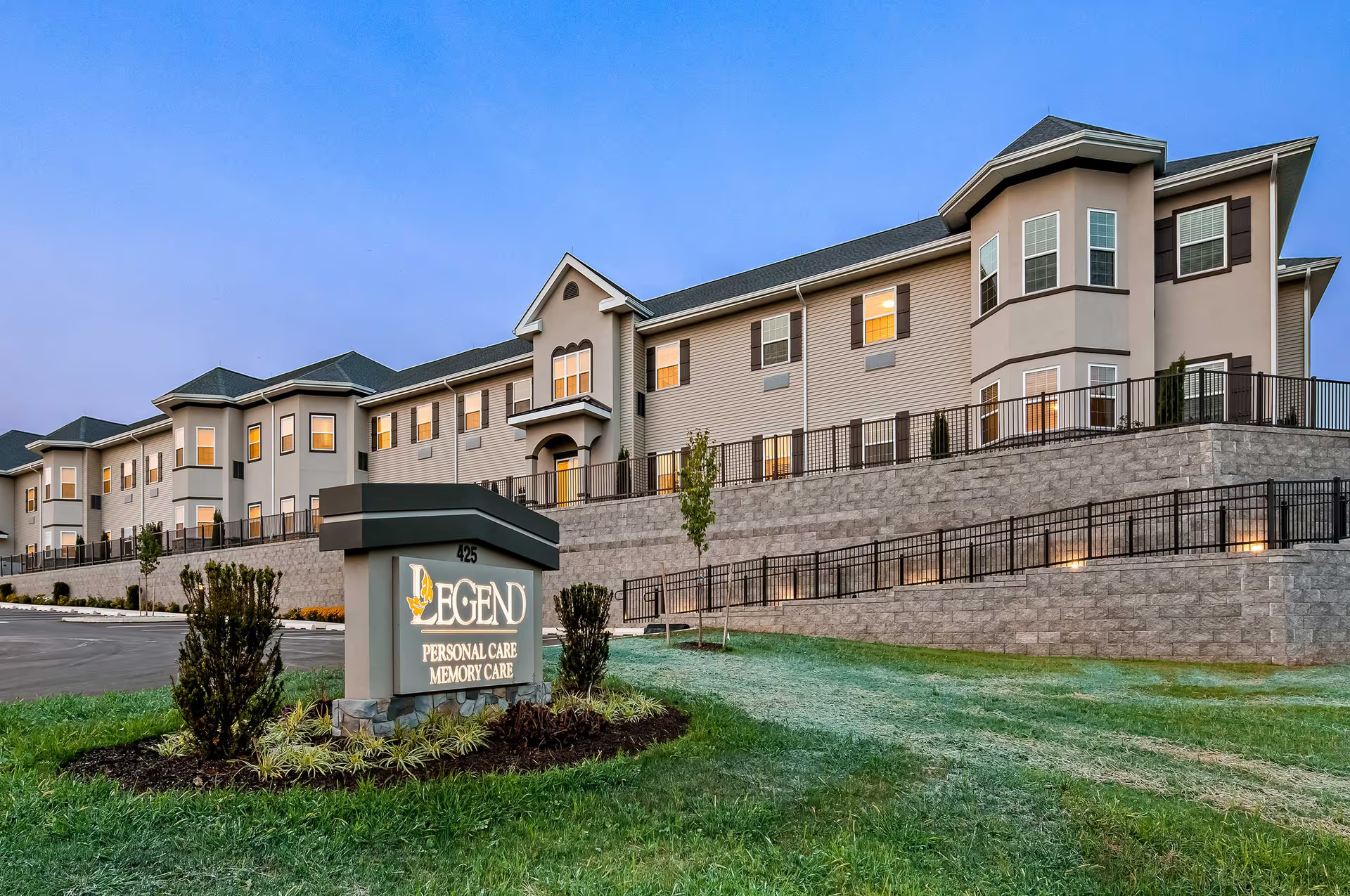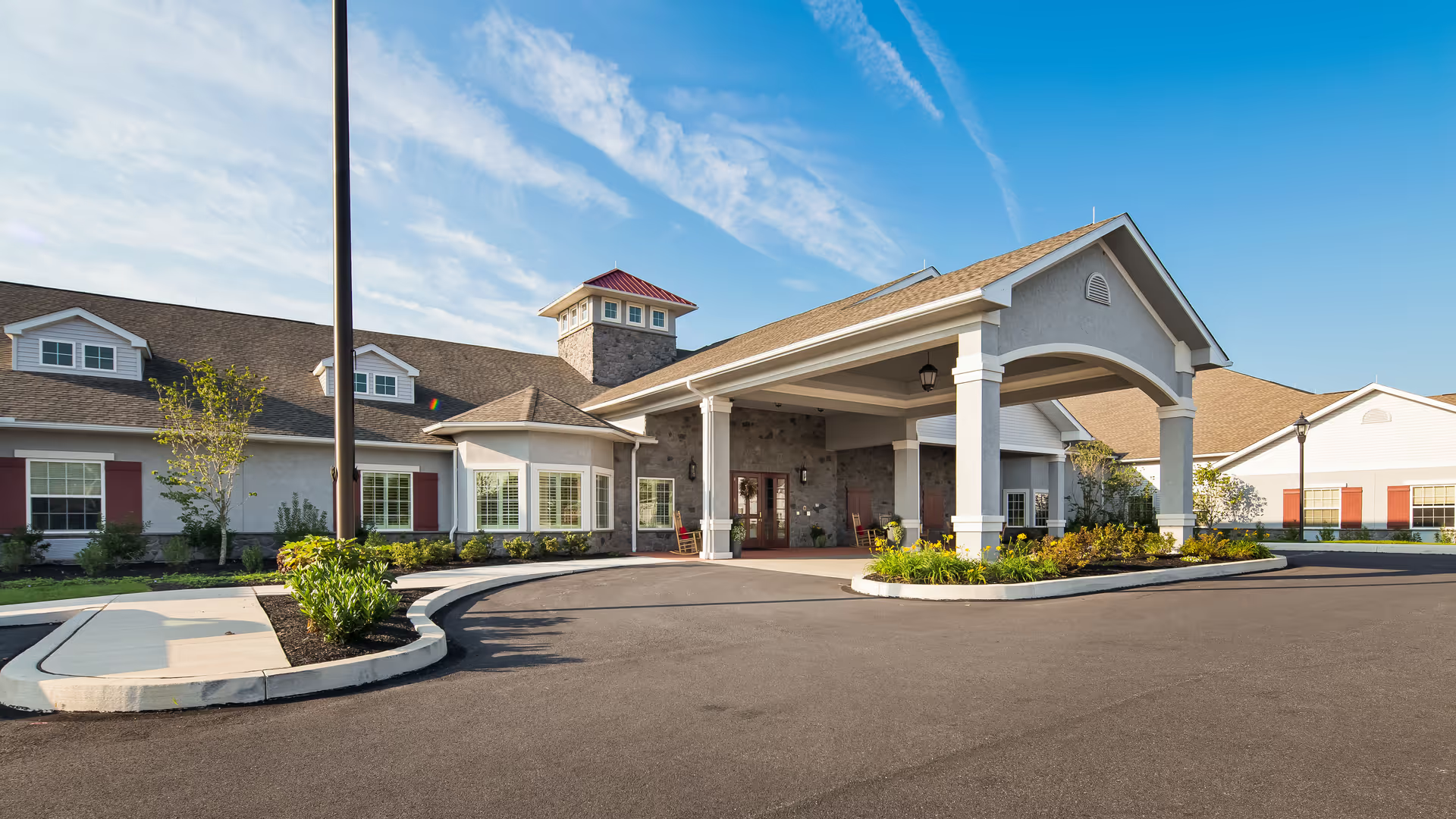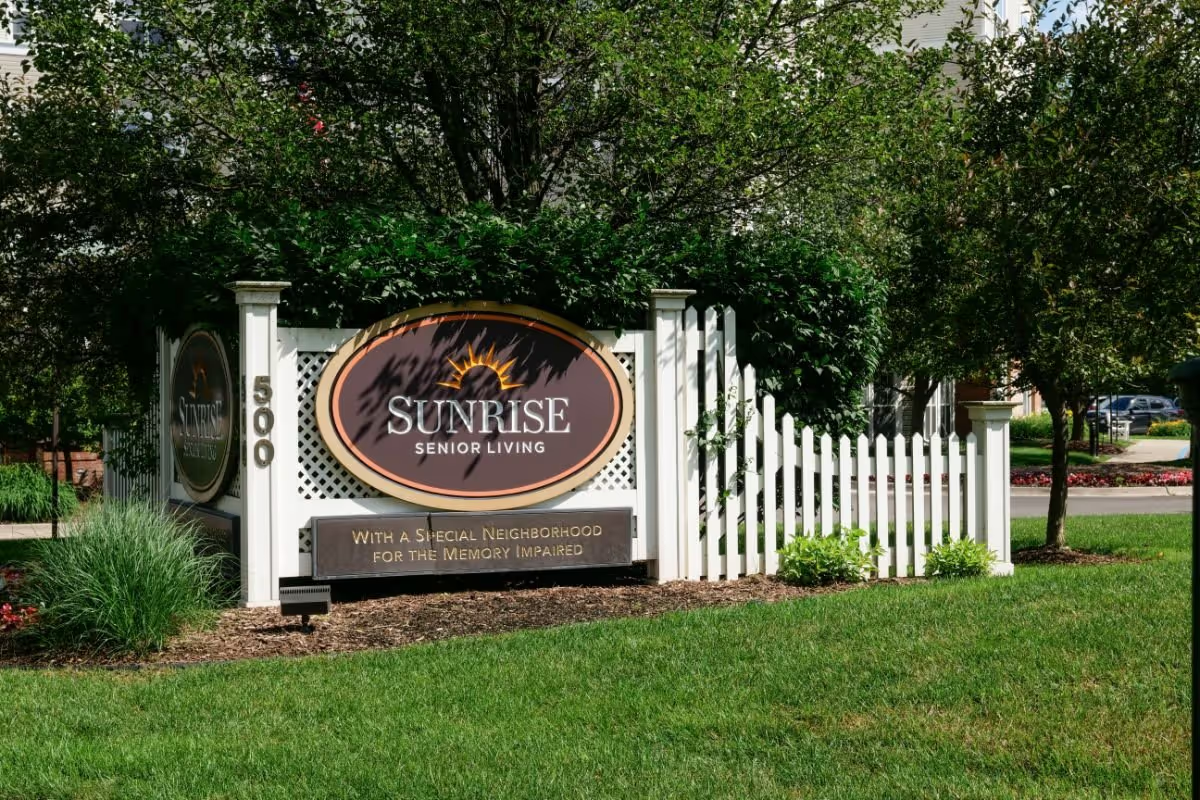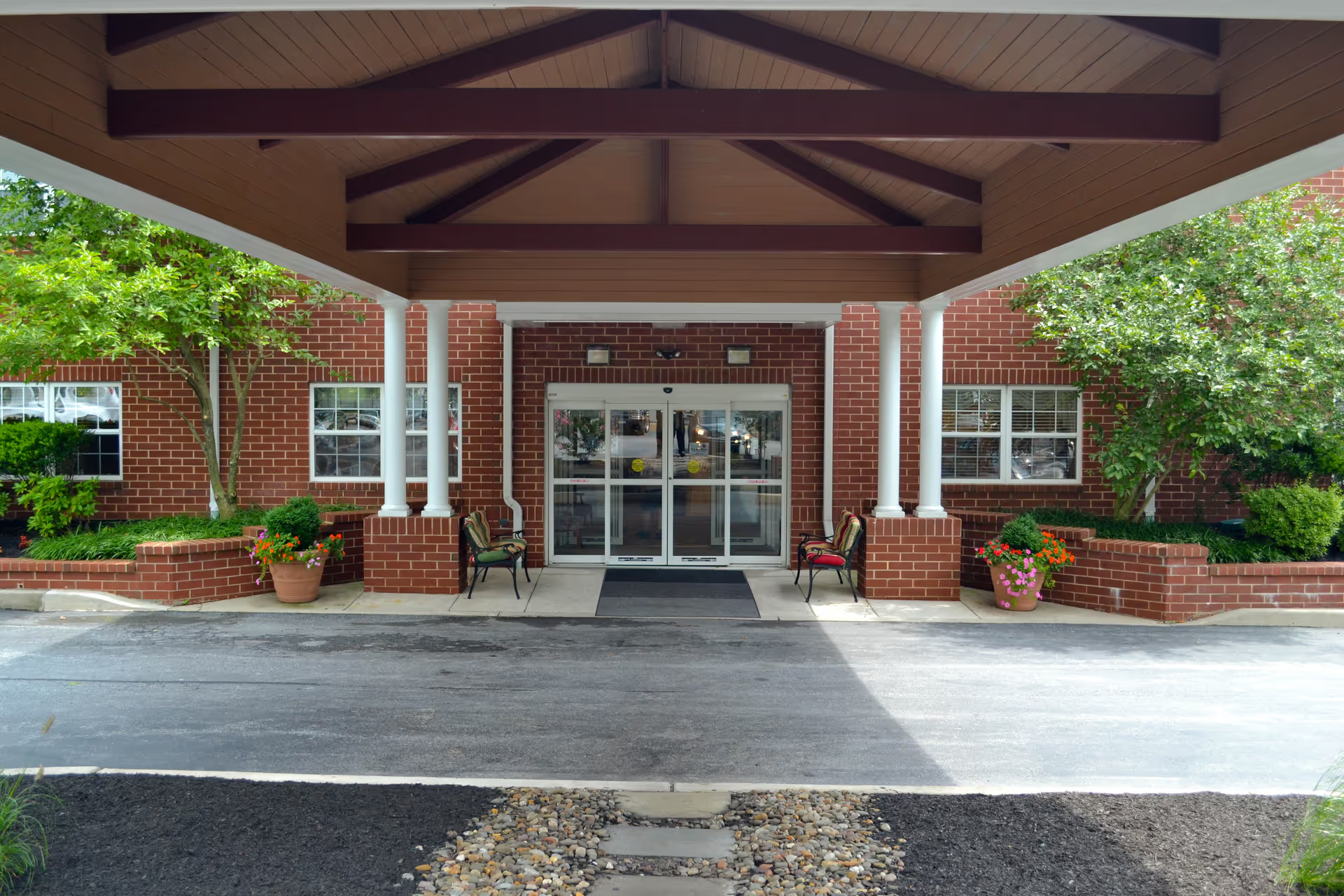The reviews present a highly mixed and polarized picture of WeCare at South Hills, with strong, specific praise for individual caregivers and therapy services contrasted by serious operational and hygiene concerns. Several reviewers emphasize deeply compassionate care from particular staff members, creating a warm, family-like environment for some residents: remarks about loving care, laughter, happiness, and gratitude recur, and one staff member, Melissa Oergel, is named for outstanding, compassionate attention. Therapy is singled out as a consistently positive service in multiple accounts.
At the same time, there are repeated and substantive complaints about understaffing and its downstream effects. Understaffing is linked to residents being left sitting in the dining room for hours, long waits for nursing care, a noisy and chaotic atmosphere, and an overall sense that the facility sometimes cannot meet residents' basic needs. Several reviewers specifically call nursing care intolerable in certain shifts or situations, while noting that therapy and some individual caregivers still provide good care. This points to an uneven staffing and care-quality picture rather than a uniformly poor or uniformly excellent operation.
Cleanliness and infection control raise serious red flags in the reviews. Multiple accounts describe poor housekeeping, unsanitary shower rooms, dirty washcloths, and an incident of feces left in a shower chair bucket. There is also a report of a lice outbreak. These are significant safety and dignity concerns for residents and suggest lapses in routine cleaning protocols and oversight. Yet, conflicting comments exist — a few reviewers describe the facility as clean and staff as decent — reinforcing the theme of inconsistent standards across shifts or units.
Dining and daily-life matters are another recurrent problem area. Reviewers mention a messy dining room, subpar food quality, small portions, and that late-night snacks are rarely provided. The observation that staff frequently order outside delivery food (and reportedly do not tip) was raised by one reviewer and may reflect staff scheduling, break-room culture, or compensation issues, but it contributes to perceptions of unprofessional or problematic practices around mealtime. For some residents and families these shortcomings materially affect quality of life and perceived value for money.
Staff behavior and management practices show a split in experiences. Several reviews praise well-mannered, communicative, and hospitable staff who create a welcoming environment. Conversely, other reviewers report rudeness, invasive questioning about personal matters, and even dishonesty. Families describe a notable change over time in management and staff demeanor in at least one case — a transition from previously caring attitudes to a colder, profit-focused approach after an adverse event. That pattern, if accurate, suggests potential issues with leadership, staff retention, or organizational culture that can directly shape resident experience.
Taken together, the reviews indicate a facility with meaningful strengths (compassionate individual caregivers, positive therapy services, and moments of family-like care) but also significant and recurring weaknesses (understaffing, inconsistent care, serious hygiene lapses, dining problems, and troubling management or staff behavior). The strongest pattern is variability: some residents and families report exceptional personal attention, while others report neglect, safety and cleanliness failures, and discourteous staff. Addressing these concerns would require focused attention on staffing levels and scheduling, robust infection-control and housekeeping protocols, consistent dining services, and leadership efforts to create and enforce uniform standards of care and professionalism across all shifts and teams.
